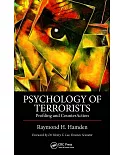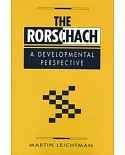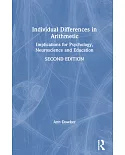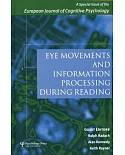Emotion research has become a mature branch of psychology, with its own standardized measures, induction procedures, data-analysis challenges, and sub-disciplines. During the last decade, a
number of books addressing major questions in the study of emotion have been published in response to a rapidly increasing demand that has been fueled by an increasing number of psychologists
whose research either focus on or involve the study of emotion. Very few of these books, however, have presented an explicit discussion of the tools for conducting research, despite the facts
that the study of emotion frequently requires highly specialized procedures, instruments, and coding strategies, and that the field has reached a place where a large number of excellent
elicitation procedures and assessment instruments have been developed and validated. Emotion Elicitation and Assessment corrects this oversight in the literature by organizing and detailing all
the major approaches and instruments for the study of emotion. It is the most complete reference for methods and resources in the field, and will serve as a pragmatic resource for emotion
researchers by providing easy access to a host of scales, stimuli, coding systems, assessment tools, and innovative methodologies. This handbook will help to advance research in emotion by
encouraging researchers to take greater advantage of standard and well-researched approaches, which will increase both the productivity in the field and the speed and accuracy with which
research can be communicated.





















